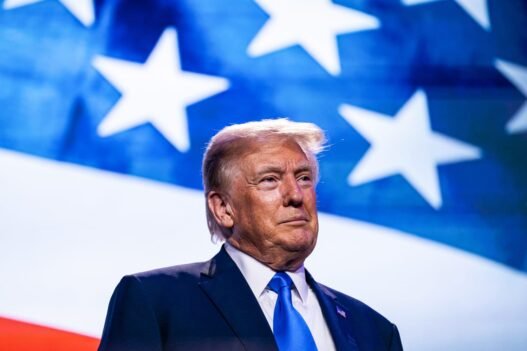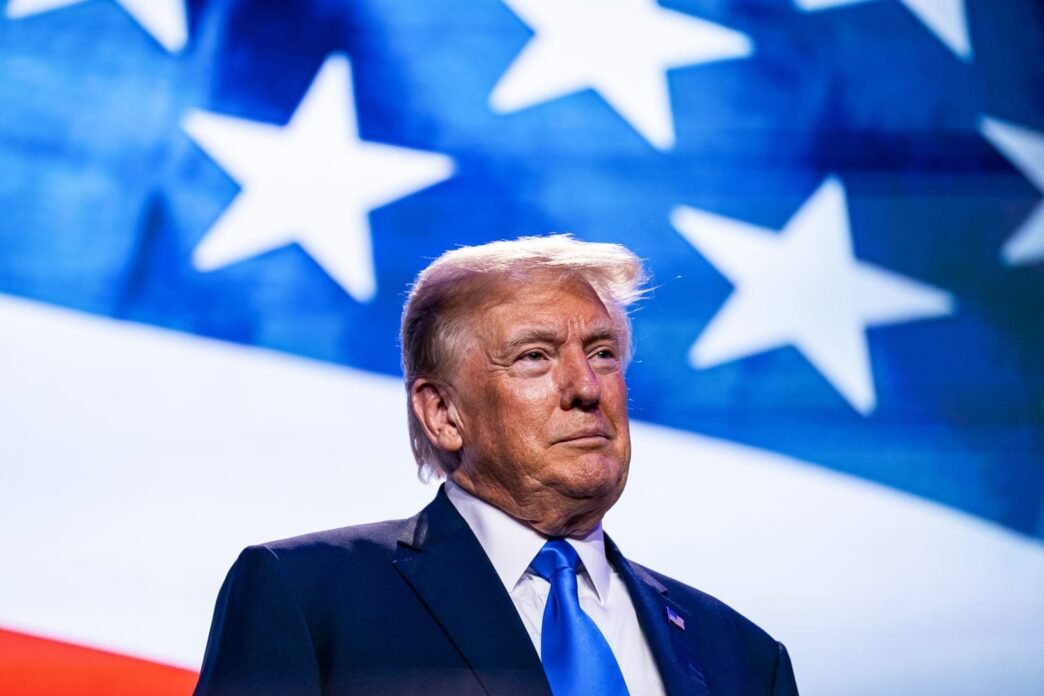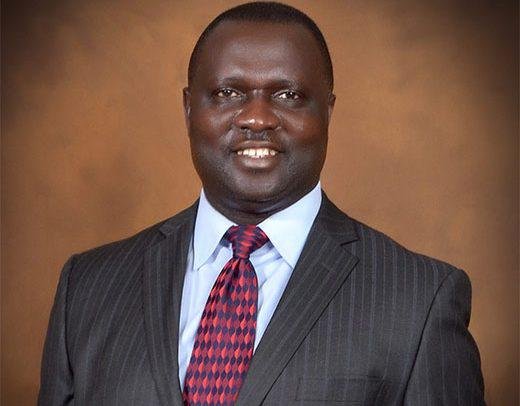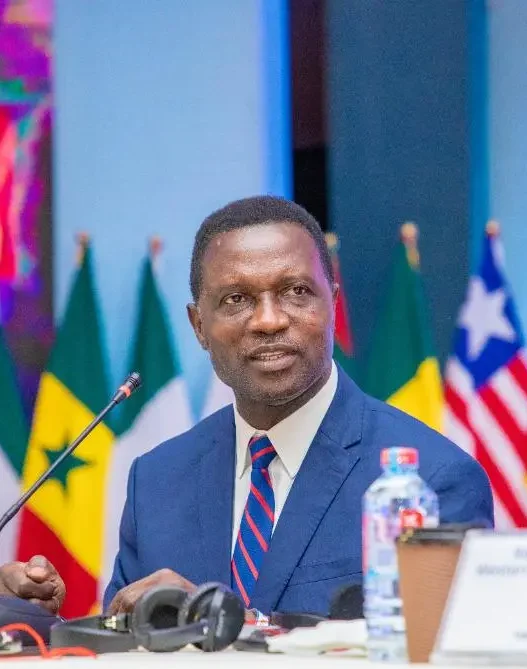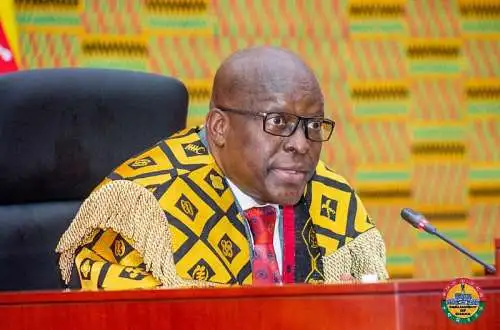In a bold and controversial statement, President-elect Donald Trump has vowed to reverse policies related to transgender rights and establish a strict two-gender framework as official US policy. Speaking at an event for young conservatives in Phoenix, Arizona, Trump declared his intention to sign executive orders that would end what he referred to as “child sexual mutilation,” remove transgender individuals from the military, and ban transgender students from participating in activities within elementary, middle, and high schools.
A Plan to Revert LGBTQ+ Protections
Trump’s comments reflect his ongoing opposition to expanding LGBTQ+ rights, a stance he has consistently maintained throughout his political career. The president-elect’s remarks have drawn significant attention and criticism, especially from advocacy groups who view such policies as discriminatory and harmful. His focus on transgender issues is part of a broader agenda to reinstate traditional views of gender and limit the rights of transgender individuals.
In his speech, Trump emphasized the need to return to what he called “common sense” policies, framing the issue as a matter of protecting children and ensuring that educational and military institutions are “safe and inclusive” for those who conform to binary gender norms. “I will make two genders the official policy of the United States,” Trump declared, a statement that has raised concerns over its implications for gender inclusivity and transgender rights.
The “Transgender Lunacy” Debate
The phrase “transgender lunacy” used by Trump has sparked outrage among many in the LGBTQ+ community and their allies. Critics argue that such language is not only harmful but undermines the dignity and rights of transgender people. They warn that such policies, if enacted, would reverse progress made in recent years toward equality and acceptance for transgender individuals.
Trump’s administration, while in office previously, had already attempted to curtail transgender rights, most notably through the controversial ban on transgender individuals serving in the military. This new vow signals an intensified commitment to undo the strides made by the Obama administration in supporting transgender rights and protections.
Political and Social Reactions
Trump’s statements have ignited debates on both sides of the political spectrum. Supporters of the president-elect’s stance argue that the move is necessary to restore traditional family values and prevent what they see as an overreach of transgender rights into public spaces, especially schools. They believe that reinstating a two-gender policy will safeguard children from exposure to what they view as controversial or inappropriate content related to gender identity.
On the other hand, opponents of Trump’s approach assert that such policies would marginalize a vulnerable community and undermine the progress made in promoting equality. They contend that the focus should be on creating inclusive and supportive environments for all students and service members, regardless of gender identity.
Impact on Transgender Rights
If Trump follows through on his proposed actions, it could have profound effects on transgender individuals in the United States. The ban on transgender individuals in military service would likely be reinstated, potentially leading to the dismissal of transgender service members. Transgender students might face increased discrimination in educational settings, where participation in sports and access to gender-affirming resources could be restricted.
Furthermore, the broader debate over gender identity and rights may intensify, setting the stage for legal challenges and protests from advocacy groups. The push for legislative action to protect transgender rights could gain momentum as a counterbalance to the president-elect’s executive orders.
Conclusion
Donald Trump’s pledge to combat what he terms “transgender lunacy” and restore a two-gender framework as US policy represents a significant step in the culture wars surrounding LGBTQ+ rights. While the move has garnered support from his conservative base, it has also drawn fierce opposition from those who see it as a threat to transgender rights and equality. As Trump prepares to take office, the future of transgender rights in the US remains uncertain, with legal and social battles likely to unfold in the coming years.









